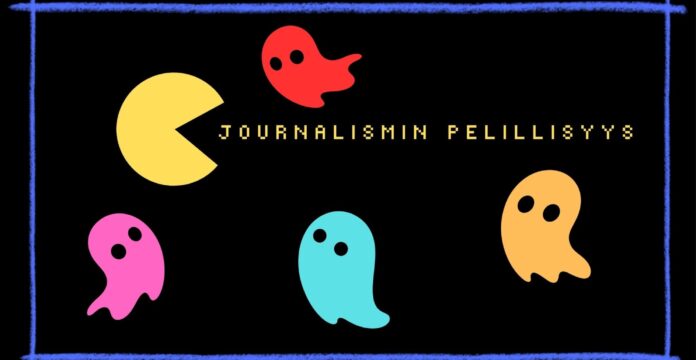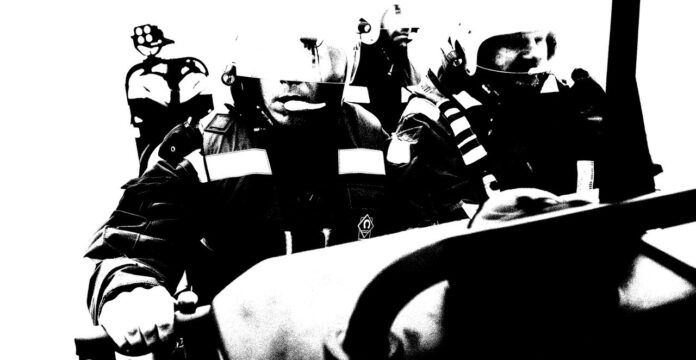We don’t need no education
We don’t need no thought control
No dark sarcasm in the classroom
Teachers leave them kids alone
Hey! Teacher! Leave them kids alone!
All in all it’s just another brick in the wall.
All in all you’re just another brick in the wall.
– Pink Floyd
I love this song, I really do. I think it was around 1980 and I was still at school when this came out – it still sounds good in 2022. Why? Because it makes me feel thankful for the attitude, I have towards life: curiosity, a hunger for information, and a desire to understand.
I have listened to this song many times in my life. It works for me. I played it while writing my Master’s thesis, I played it at my graduation, and I’m listening to it now as I´m writing this blog.
As a teenager, I played this song a lot when my teacher gave me homework for the weekends. I still can feel that pain. The teenager inside me screamed and wanted to defy the system. Teachers leave them kids alone. We don’t need no education. This pain helped me to see things in a different light – to think outside the box. A visionary song for all times – to blow your mind and open your eyes. I remember my mother teaching me the verse, let them alone; for they be blind leaders of the blind. And if the blind lead the blind, both shall fall into the ditch ( Mathew 14:14) – it works for me. It gives perspective and allows me to take a new look at my thinking.
What do you think if I said that this song is more relevant today than it’s ever been?
I open my phone early in the morning to News, Instagram, Twitter or whatever else is going on in the world – and start to sing We don’t need no thought control. That’s a really powerful lyric. Perhaps it is all about just toeing the line: we tell you something, and you aren’t allowed to question it, be a sheep and go along with what we say. Mind control anyone? This song seems really accurate!
Fast forward to today, do we program our kids to think what we want them to think, instead of encouraging critical thinking, and personal growth. The Floyd is right you know: we don’t need no education – we need lots of it.
On first listen, the listener might simply get the message that we don’t need education. However, on closer examination, they can tell that education is essential both for society and for humanity as a whole. By using these ungrammatical double negatives, it seems as if Waters is acknowledging the fact that we do indeed need education, while at the same time criticising the society and education system of the time. ”Double negatives are typical of a section of the English working class that could be seen as educationally deprived, although in England social class is a complicating factor in how we receive these lyrics” ( R.Harding 2022). Of course, these grammatical deviations are not uncommon in the music and may be used in different ways and for different purposes by both native and non-native lyricists.
The song talks about people who present an image of being against the indoctrination of kids in schools, but in reality, what they consider indoctrination is the teaching of actual facts. The lyrics exploit a variety of stylistic devices to communicate this main message – and serve to encourage critical thinking and personal research.
What is being criticised are rants and unscientific and populist patterns of thought – the outright opposites of the critical thinking needed in science, journalism, teaching, and everyday life. The critical mind relies on science, teaching, and values and requires ethically sustainable and rational decision-making on the basis of facts. Criticality is judgment based on robust knowledge. It means being able to make rational comparisons and having a knack for careful evaluation. This is learned over a long period of time spent in discussion and argument. While criticality in everyday speech often implies negativity, there is a reason to demand greater accuracy, more careful consideration and self-awareness from journalists, scholars and teachers.
As Eliot asks in The Rock (1934), “Where is the wisdom we have lost in knowledge? Where is the knowledge we have lost in information?” In a rapidly changing world, we must be satisfied with knowing enough, rather than expecting to know everything; and we must be prepared to accept risk and manage uncertainty in new ways.
Tanja Tamminen
PhD student
Doctoral Programme of the University of Vaasa, research field Social Sciences





In western societies, it has been widely thought or at least hoped that education supports the generation of economic middle class, which would be a natural freethinker barrier to protect against totalitarian regimes. However, lately we have seen that this statement can also be easily counter argued. That is for example, when looking at China, where the new middle class that China has, doesn’t seem to want or be able to rebel against the hardline government. Free market economy never shifted China towards democracy. Furthermore, should the well educated population protect against populism in the existing democracies? Could it be that Trumpism gains popularity, partly because the nation is not highly educated, which is the case of USA?
Your reflection on the lyrics, especially in today’s context of information overload and the importance of critical thinking, is thought-provoking. In the era of free AI tools, this topic has gained new layers. It has become even harder to separate useful information from nonsense. Thank you for sharing your insights and for prompting deeper reflection on the themes presented in this iconic song.